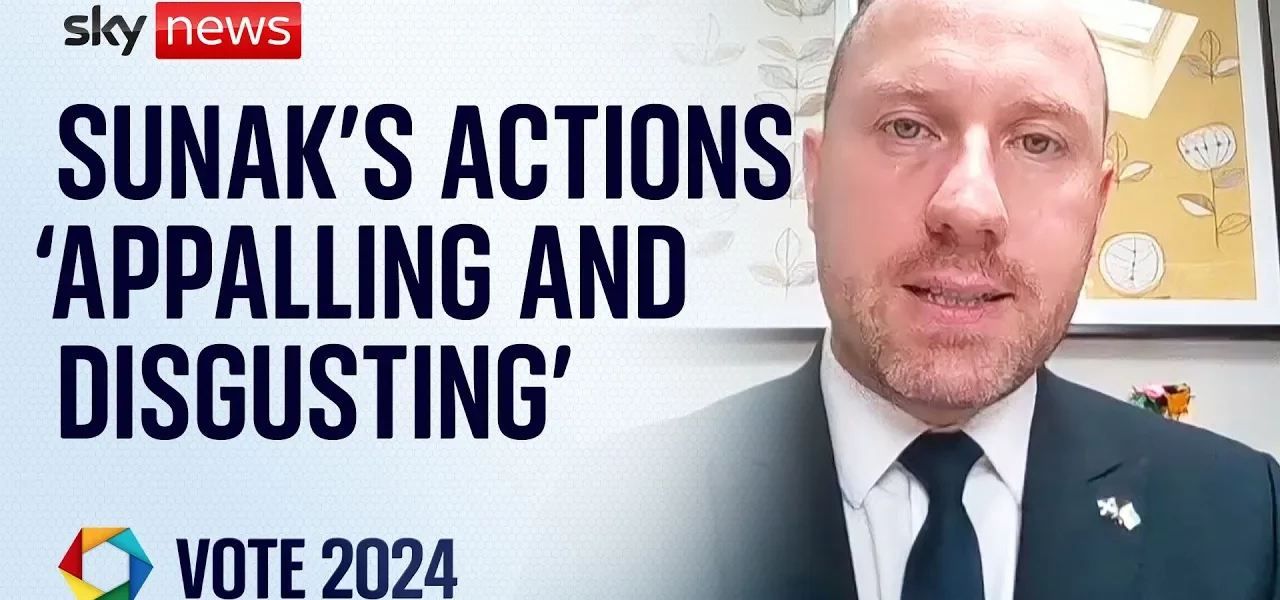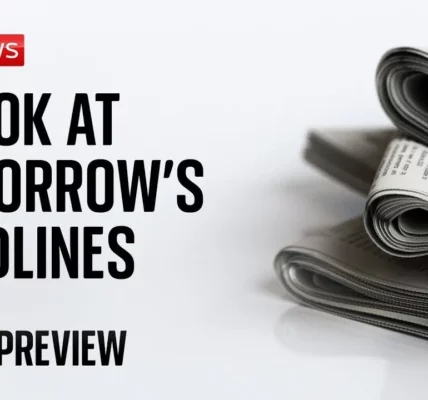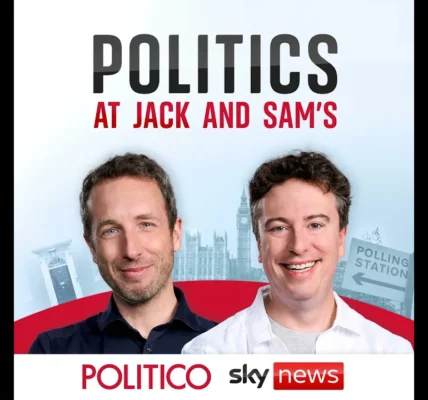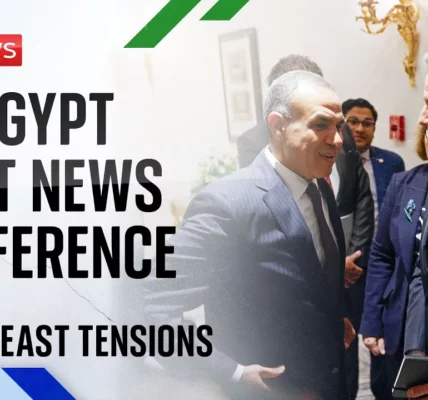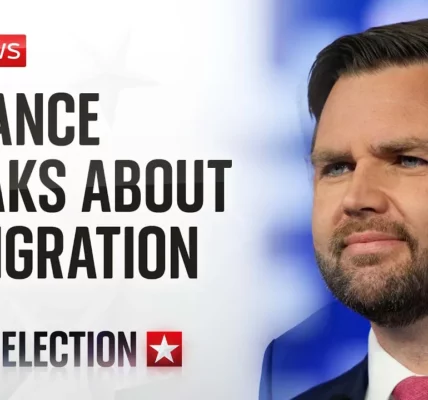Neil Gray: A Critique of Prime Minister’s Actions and the Future of Public Services

In this article, we delve into the recent comments made by Neil Gray, the Cabinet Secretary for Health, regarding the Prime Minister’s controversial decision during a key D-Day commemoration, and the implications for public services and austerity in the UK.
Introduction
Neil Gray’s remarks following the Prime Minister’s actions during the D-Day commemoration highlight significant concerns regarding the treatment of veterans and the state of public services in the UK. Gray argues that the Prime Minister’s early departure from the event represents a severe lack of respect for those who served and sacrificed during World War II. This incident also serves as a springboard for discussing the broader implications of austerity measures on public services and the need for a progressive taxation approach in Scotland.
Neil Gray’s Critique of the Prime Minister
During a recent interview, Neil Gray did not hold back in expressing his disappointment regarding the Prime Minister’s actions. He described the Prime Minister’s early exit from the D-Day commemoration as an “extraordinary dereliction of duty,” emphasizing the importance of honoring veterans who fought valiantly during this pivotal moment in history.
The Impact on Veterans and Their Legacy
Gray’s personal connection to the events of D-Day is profound; his grandfather served as a Royal Engineer, contributing to the success of the operation. This connection adds depth to his critique, as he articulates the emotional impact of such decisions on veterans and their families:
- Disrespect towards veterans who made sacrifices.
- Potential offense caused to the veteran community.
- The importance of remembrance and honoring sacrifices made in battle.
Public Reaction and Judgment
Gray believes that many veterans would indeed be offended by the Prime Minister’s choice to prioritize a television interview over the commemoration. He argues that this reflects a broader pattern of poor judgment from the current administration, calling into question the values upheld by those in power.
The Austerity Debate and Its Consequences
Transitioning from the critique of the Prime Minister, Gray addressed the wider issue of austerity measures proposed by both the Labour and Conservative parties. He emphasized that regardless of the party that takes power, significant cuts to public services are on the horizon:
The Reality of Public Service Cuts
According to Gray, the Institute for Fiscal Studies has indicated a looming austerity that could amount to at least £18 billion in cuts to public services. This follows a decade and a half of austerity that has already left many services in a dire state:
- Public health services are at risk of further degradation.
- Education funding may face significant reductions.
- Local government services could be severely impacted.
SNP’s Approach to Public Services
In contrast to the austerity measures proposed by Westminster parties, the Scottish National Party (SNP) aims to protect public services through progressive taxation. Gray asserts that this approach has been successful in raising £1.5 billion for essential services:
- Maintaining lower tax rates for the majority of Scots compared to the rest of the UK.
- Implementing a freeze on council tax to alleviate financial pressure on residents.
- Prioritizing investments in healthcare and local government services.
Challenges Ahead and the Need for Change
Gray emphasizes that the challenges presented by potential austerity measures necessitate a strong political presence for Scotland at Westminster. He argues that SNP MPs are essential for advocating for Scotland’s unique needs and interests in the face of Westminster’s budget cuts and austerity policies.
Importance of Progressive Taxation
The discussion inevitably leads to the topic of taxation. Gray indicates that while higher taxes may be necessary to protect public services, the SNP has adopted a fair and measured approach:
Key points include:
- Ensuring that the majority of Scots pay less tax than their counterparts in England.
- Raising additional revenue to safeguard essential services during the cost-of-living crisis.
- Challenging misleading narratives from Westminster regarding public spending and taxation.
Conclusion
Neil Gray’s commentary sheds light on the critical intersection between political decisions, public service funding, and the treatment of veterans. His strong stance against the Prime Minister’s actions and the impending austerity measures highlights the urgent need for a different approach in Scotland. By supporting progressive taxation and protecting public services, the SNP aims to ensure that the sacrifices of veterans are honored and that essential services remain intact for future generations. It is imperative for voters to consider these issues as they prepare for upcoming elections and to prioritize candidates who are committed to serving the public good over political expediency.
For more insights into public service funding and the impact of political decisions, visit our related articles on public health funding and taxation policies in Scotland.
“`
